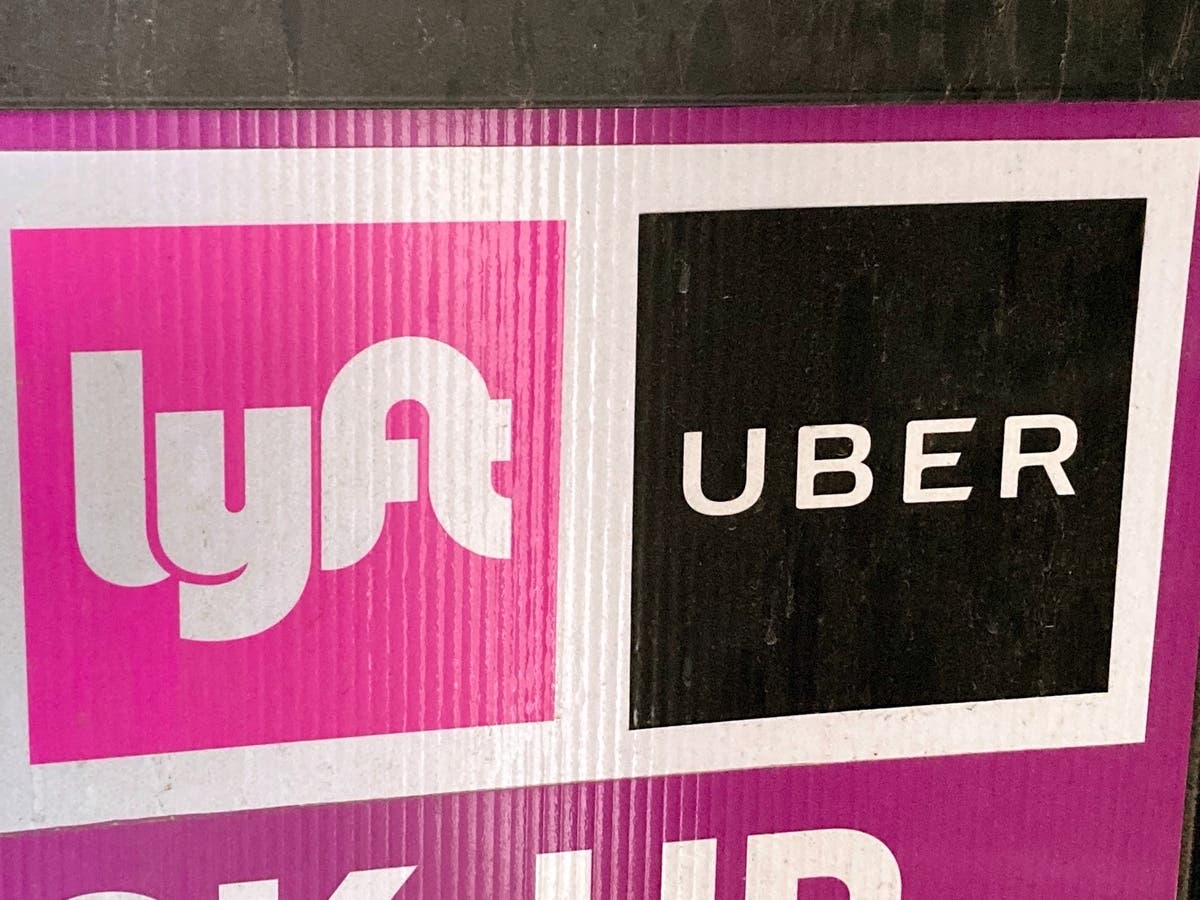Politics & Government
Minneapolis City Council Delays Rideshare Ordinance
As a result of Thursday's action, representatives for both Uber and Lyft told Patch they plan to stay until July 1.

MINNEAPOLIS — The Minneapolis City Council voted unanimously Thursday to delay the start of their controversial rideshare minimum wage ordinance by two months.
The ordinance was originally set to go into effect on May 1, the same date Uber and Lyft planned to leave the city. But on Wednesday, Minneapolis City Council President Elliott Payne began pushing a measure to delay implementation to July 1.
As a result of Thursday's action, representatives for both Uber and Lyft told Patch they plan to stay until July 1.
Find out what's happening in Minneapoliswith free, real-time updates from Patch.
Payne believes the delay will give more time to rideshare startups looking to replace the void left by Uber and Lyft. The move also allows the city council "to track discussions and continue ongoing collaborations with state officials in their work to craft a statewide policy," according to Payne.
So far, three new rideshare companies have submitted applications for Transportation Network Company licenses.
Find out what's happening in Minneapoliswith free, real-time updates from Patch.
The controversial ordinance — which passed after city council members overcame Mayor Jacob Frey's veto — requires drivers to receive $1.40 per mile and 51 cents per minute for all portions of a ride occurring within Minneapolis. The rates best approximate the city’s $15.57 minimum wage, supporters say.
Additionally, the bill requires annual increases based on the city's minimum wage. And if a ride is canceled while the trip has already begun, the driver can expect 80 percent of the fare.
The median earnings for drivers in the metro area is $13.63, with 25 percent of drivers in the metro area earning under $10.54 per hour, according to state labor data.
Get more local news delivered straight to your inbox. Sign up for free Patch newsletters and alerts.